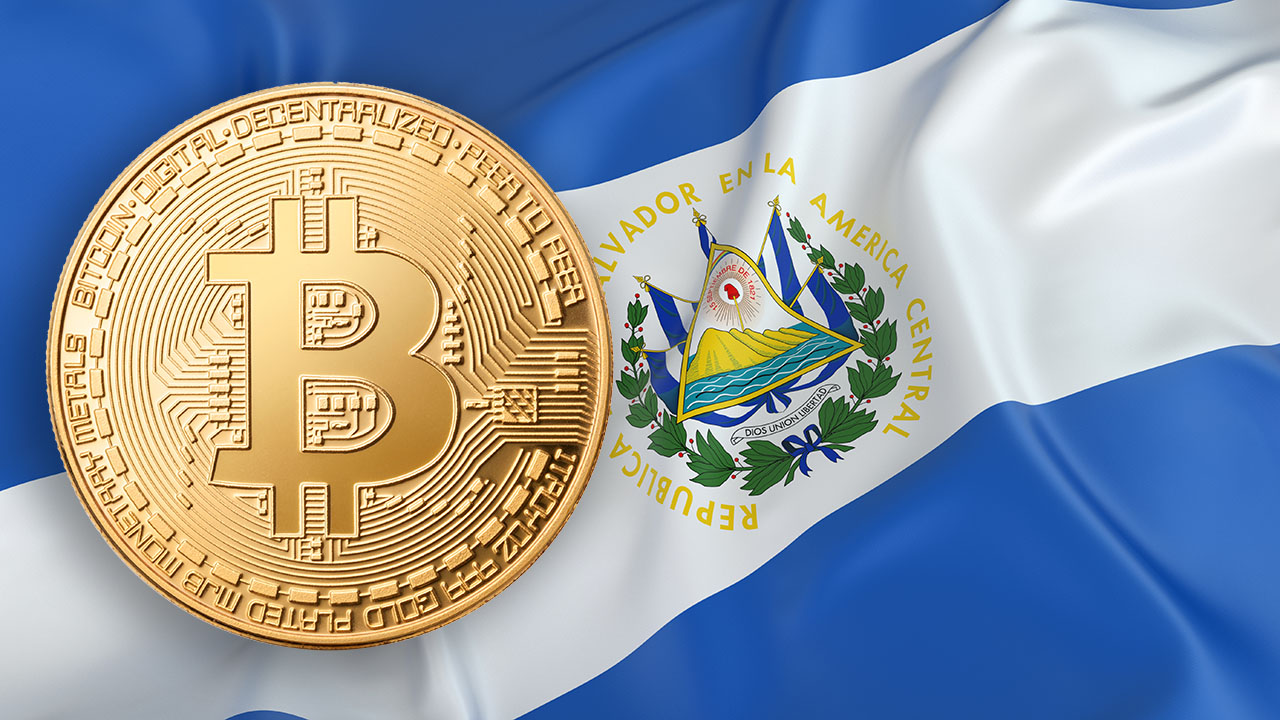David Agullo
How are Salvadorans using the USD 30 Bitcoin they were given?

There has been a big hassle that has been going on with the Salvadorans with the coming of the digital transformation in the country.
The government has offered new users USD 30 worth of BTC credit in an attempt to encourage BTC adoption and increase interest in its Chivo crypto wallet and app. There have been long controversies and protests in the Salvadorans who are very skeptical and risks that what will Cryptocurrency do to their nation.
People are on the streets and crying out loud with the digital innovation that the country has established in the estate. President Nayib Bukele says the cryptocurrency will help Salvadorans working abroad to send money back home. But demonstrators fear it will bring instability and inflation to the impoverished Latin American country. Some protesters set fire to a brand-new Bitcoin machine, while others held signs reading “Bukele Dictator”.
So, to boost people and realize the power and the usability of Bitcoin and another cryptocurrency, the government has launched a policy to give out USD 30 Bitcoin. It is easy to adapt something when you already have it except when you have to motivate someone to buy.
This move had got different responses from different people and the users have used it in different ways:
Convert to Offline currency: People who still did not believe in the advances and the scope that the complete dynamic can offer are looking out for ways that can help them convert this free money to Those who want to convert their tokens into fiat USD must follow a circuitous route. The government has made it impossible for recipients of food stamps to immediately “cash-out” at Chivo BTC ATMs. However, YouTubers have shared several methods, which entail consumers sending money to friends or family members. The recipient then returns the favor by doing the same. Users can then “withdraw” the entire USD 30 from a Chivo ATM.
Seeking secure wallets: “Some individuals fear the state-issued Chivo app,” the media source wrote, citing centralized control as a cause. The media site is often dubious of all things BTC and President Nayib Bukele-related. As a result, some have opted for “more secure and decentralized wallet choices,” even if this means paying commission fees on withdrawals.
Banking: Some people have been looking for ways to credit their bank accounts through workarounds. Again, this involves collaborating with a friend to use a Chivo app feature to credit another person’s USD bank account with BTC funds. Following that, the friend reciprocates, leaving both parties with USD 30 in their bank accounts. This process isn’t always “instant,” according to the media outlet, but it’s still “effective.”
Utilizing it for Household items: Spend it on groceries with Chivo BTC funds, as the media outlet famously calls them (as do a complete host of different retailers and repair suppliers within the nation). As a result, Salvadorans have started using the BTC on their weekly shopping trips “as long as the Chivo pockets system is operational.
Selling at a complete loss: People are now offering to “purchase” citizens’ USD 30 BTC handouts for USD 25 in cash via bank transfers or e-payment platforms on Facebook Marketplace. The media site cautioned anybody considering this route to “be wary as this could lead to scams” perpetrated by “malicious persons.”People have been very varying that the complete system may shutdown one day or they risk or they are intensively invested in an old currency system taking it otherwise and selling the same in hurry.
The government is trying its best so that it could adapt and motivate more and more people towards digital currency. They are taking several incentives and initiations to do the same and take a step ahead towards this digital upturn.
Latest
Bitcoin
21 Feb 2026
Bitcoin
13 Feb 2026
Bitcoin
07 Feb 2026
Bitcoin
05 Feb 2026
Bitcoin
03 Feb 2026












